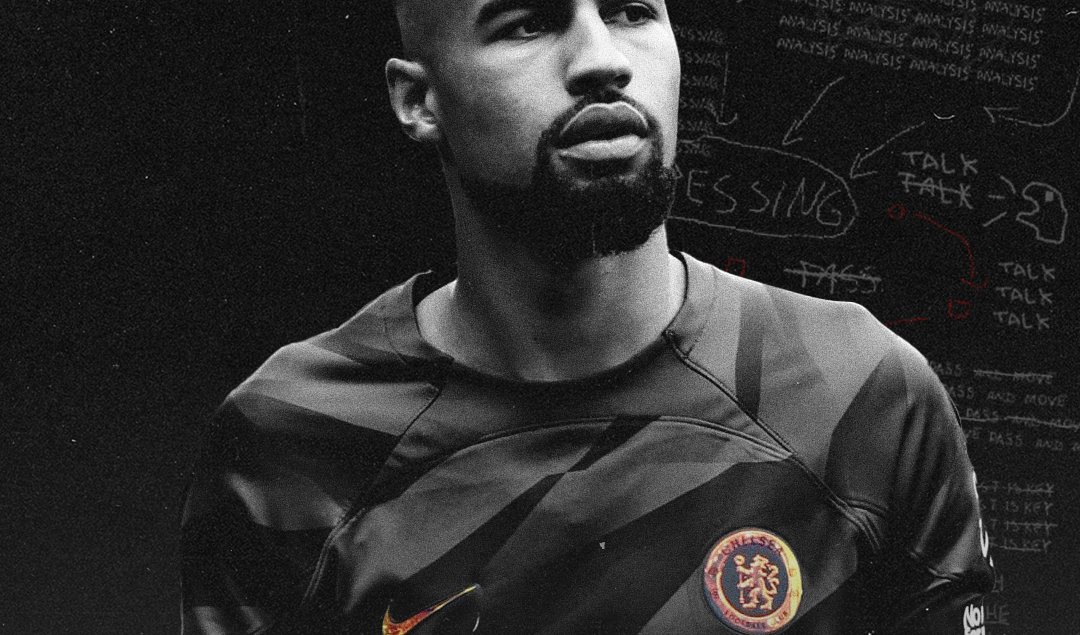As the Premier League Kicks Off, the Gimmicks Begin
The Season Begins, and So Do the Distractions
August arrives, and like clockwork, the Premier League is back. The buzz returns. Supporters file into stadiums. The pre-match routines – pub pints, line-up leaks, casual debates over expected goals – fall into place as if they never left.
But in the middle of all that familiarity, something odd keeps creeping in: branded “fan experiences,” loyalty apps, QR codes on scarves, and yes – digital chickens crossing pixelated roads.
At this point, it’s almost expected.
When Football Isn’t Enough Anymore
The idea behind this new wave of “engagement” is pretty straightforward: keep supporters interacting with the club beyond 90 minutes. That sounds harmless. Even sensible, in theory. But when the strategy involves directing fans to casual mini-games – like lightweight browser-based experiences that feature quirky animations and barely any connection to football – it starts to feel like the tail is wagging the dog.
This isn’t just a quirky one-off. These gamified projects are increasingly turning up in club marketing, embedded between transfer videos and tunnel cams. Some mimic loyalty schemes. Others aim to create digital “touchpoints.” What they often deliver, though, is a strange kind of detachment – football reimagined as a series of dopamine hits between matches.
The 24/7 Fan, Reimagined
You’re no longer just a supporter. You’re an “engagement metric.” Clubs now talk about fans the way tech startups talk about users – active time, conversion rates, and dwell duration.
And so, beyond the actual matchday, you’re nudged into tapping apps to unlock “exclusive content” or complete challenges to prove your loyalty. Sometimes, there’s a token reward. Sometimes, it’s just the illusion of involvement.
The shift feels subtle at first. A points-based predictor game is here. A quirky mascot challenge there. But gradually, the football becomes the backdrop – and the digital noise takes centre stage.
The Gimmick Fatigue Is Real
It’s not just older fans rolling their eyes. Even among the younger crowd – those supposedly most hungry for content – the cracks are showing. There’s a difference between smart digital initiatives and gimmicks. The former adds to the experience. The latter distracts from it.
There’s also the question of tone. Some clubs pull it off with charm. Others feel like they’re desperately chasing trends they barely understand, producing content that no one asked for but everyone’s supposed to engage with.
And it begs the question: Who is this for? Is it really about connecting with fans or just collecting clicks for the next sponsorship report?
Football Doesn’t Need a Side Quest
Football, at its core, doesn’t need extra bells and whistles. It has stakes, narrative, emotion – all the elements that other industries are desperate to fabricate.
That’s what makes this new digital direction so puzzling. Why add filler to something that’s already compelling on its own terms?
Yes, technology can enhance the experience. Match analysis, tactical breakdowns, archive footage – those things enrich the sport. But playing a chicken-themed mini-game before kickoff doesn’t exactly bring you closer to your club. It just fills time.
Where Is This All Going?
The danger isn’t that these games exist. The danger is when clubs start to believe that this is what engagement looks like. That the way to grow a fanbase is to mirror the logic of mobile apps and loyalty programs, rather than tap into the emotion and tradition that football already has in abundance.
It’s not hard to see where this leads. Loyalty becomes something you prove through logins. Support is measured by daily active users. And the magic of the match? It risks becoming just one more tile on a content calendar.
Let the Game Be the Game
As the new season unfolds, there will be moments that cut through all the noise – a last-minute winner, a rogue VAR decision, or a wonder goal that sends a fanbase into a collective meltdown. That’s the real currency of football. Not badges earned in apps. Not chickens, definitely not chickens.
The Premier League doesn’t need gimmicks to sell itself. The game was already brilliant.
The trick, perhaps, is remembering that.
